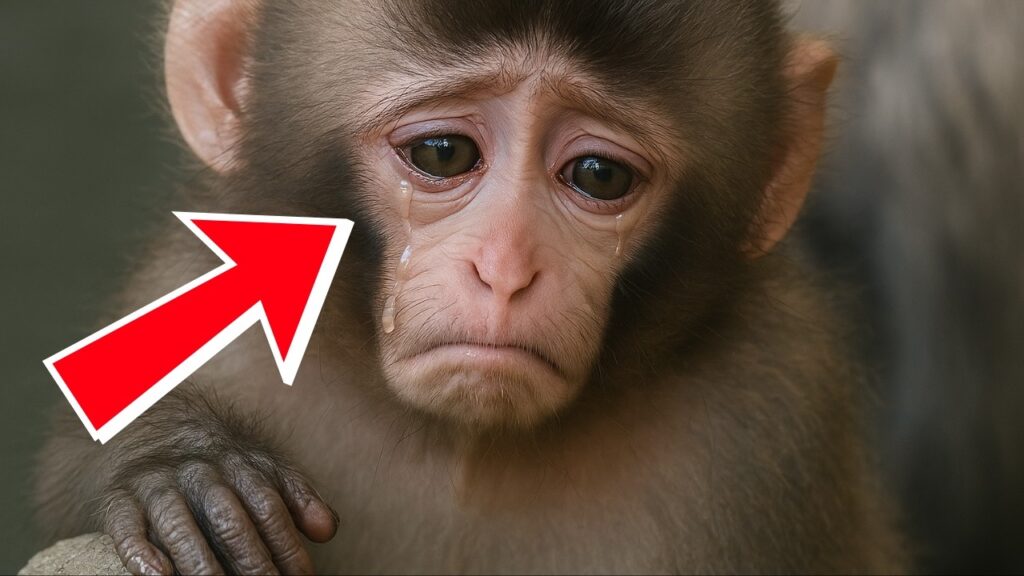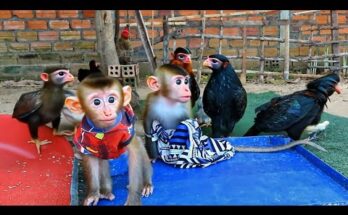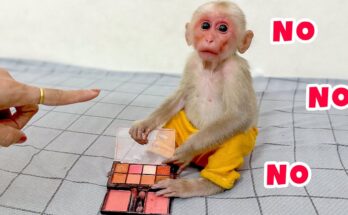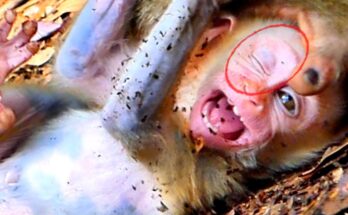
When we think of emotions, we often associate them with humans. But spend just a little time observing a group of monkeys, and it quickly becomes clear—they feel deeply too. From joy and excitement to sorrow, jealousy, and grief, monkeys live rich emotional lives that mirror our own in surprising ways.
In their tightly-knit troops, emotional bonds are the foundation of survival. One of the most obvious expressions of emotion in monkeys is love, especially between mothers and their babies. A mother monkey cradling her infant, grooming it with gentle care, or rushing to its aid when it cries, shows a level of tenderness that resonates with human parents. The baby, in turn, clings to its mother, seeks comfort, and expresses happiness through soft coos and playful movements.
Friendship is another emotional cornerstone in monkey societies. Monkeys form close connections with one another, grooming not just for hygiene but for comfort and trust. Best friends within the group will often share food, play together, and stick close during times of stress. You can see the emotional closeness in their body language—a gentle touch, prolonged eye contact, or even shared laughter-like vocalizations.
Monkeys also experience stress, fear, and anxiety. When danger approaches—be it a predator or a sudden loud sound—monkeys react with alarm calls, clinging to each other for reassurance. You’ll see them huddled in groups, shaking or breathing rapidly. The group dynamic plays a key role in helping them calm down after a scare.
But perhaps the most touching evidence of their emotional capacity is how monkeys handle loss. In documented observations, monkeys have been seen mourning the death of a companion or infant. A mother may carry her deceased baby for days, unable to let go. Others may approach the body, sniff it, sit quietly beside it, or even try to wake it. These behaviors hint at a sense of grief and confusion, a painful recognition of absence.
Even jealousy can arise among monkeys, especially when attention or food is involved. A young monkey might push between a mother and her baby or interrupt a grooming session if feeling left out. This kind of emotional reaction shows that monkeys not only feel but are also aware of the relationships around them—and care deeply about where they stand within them.
Joy, too, is a daily part of monkey life. Play is a huge part of their world, especially for the young. They chase, tumble, leap, and swing—not just to build skills, but because it’s fun. Their squeals and laughter-like calls express excitement, and their bright eyes sparkle with delight.
So, while monkeys may not speak our language, their emotions are written in every touch, movement, and gaze. Their world is not just instinct—it’s filled with feeling.


